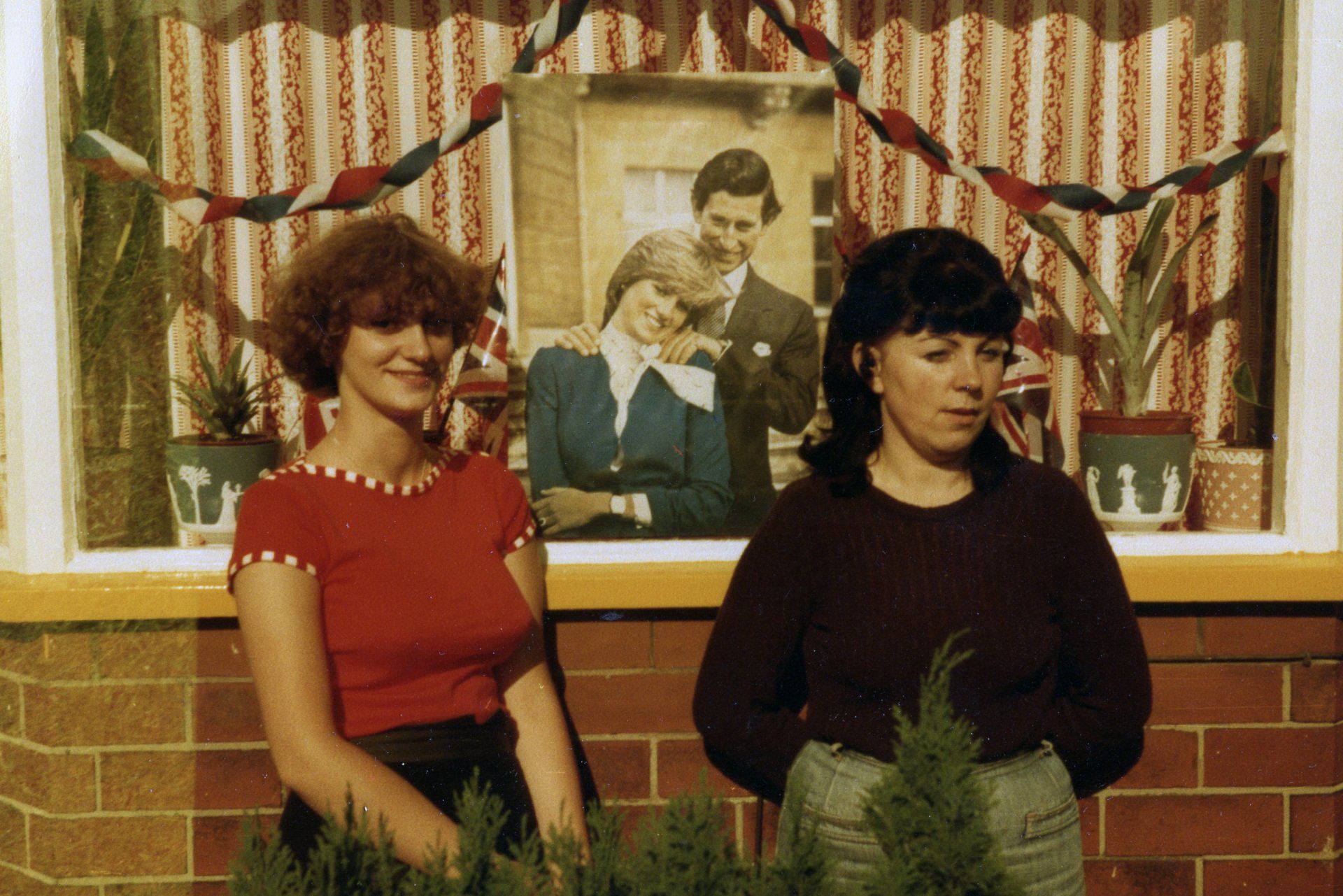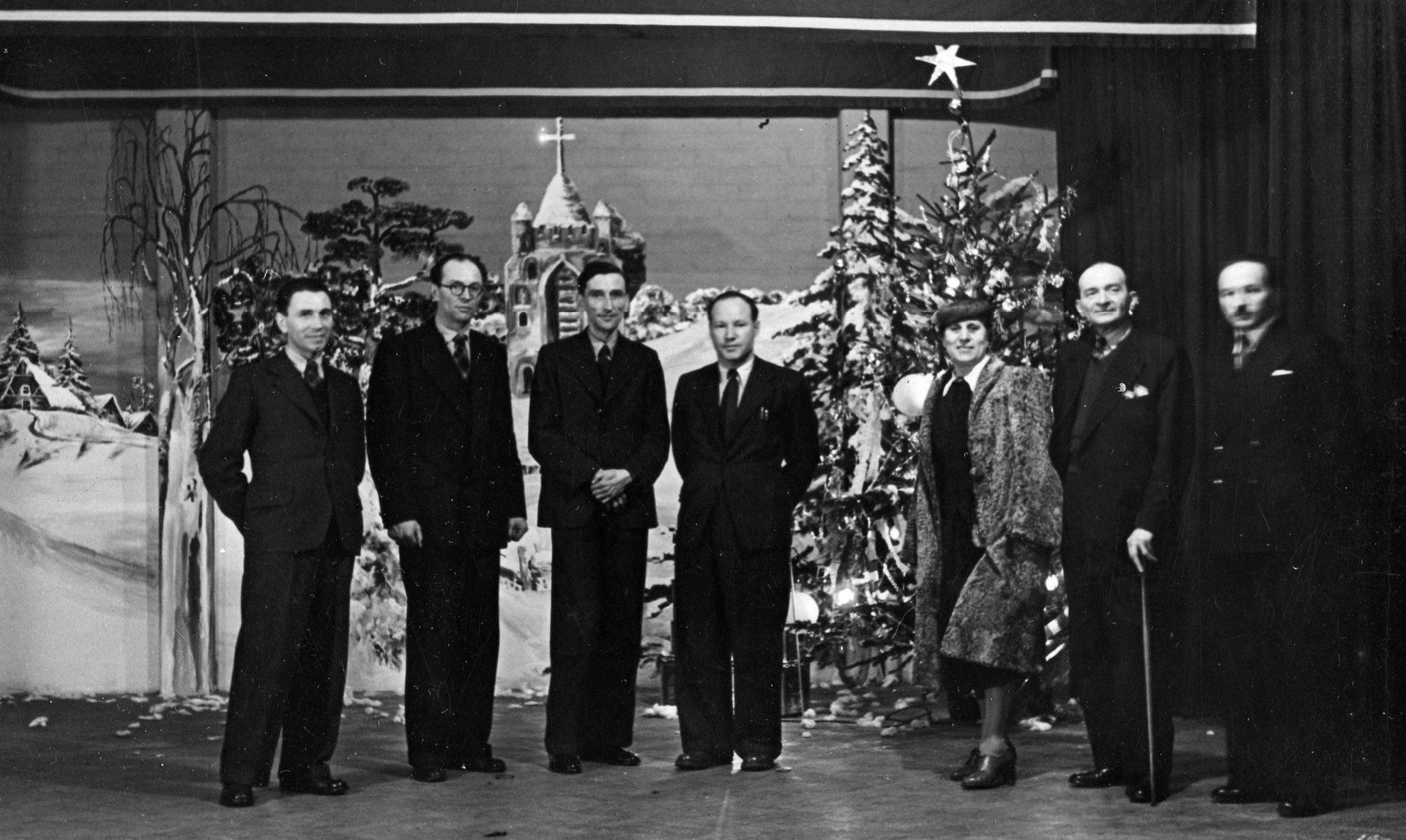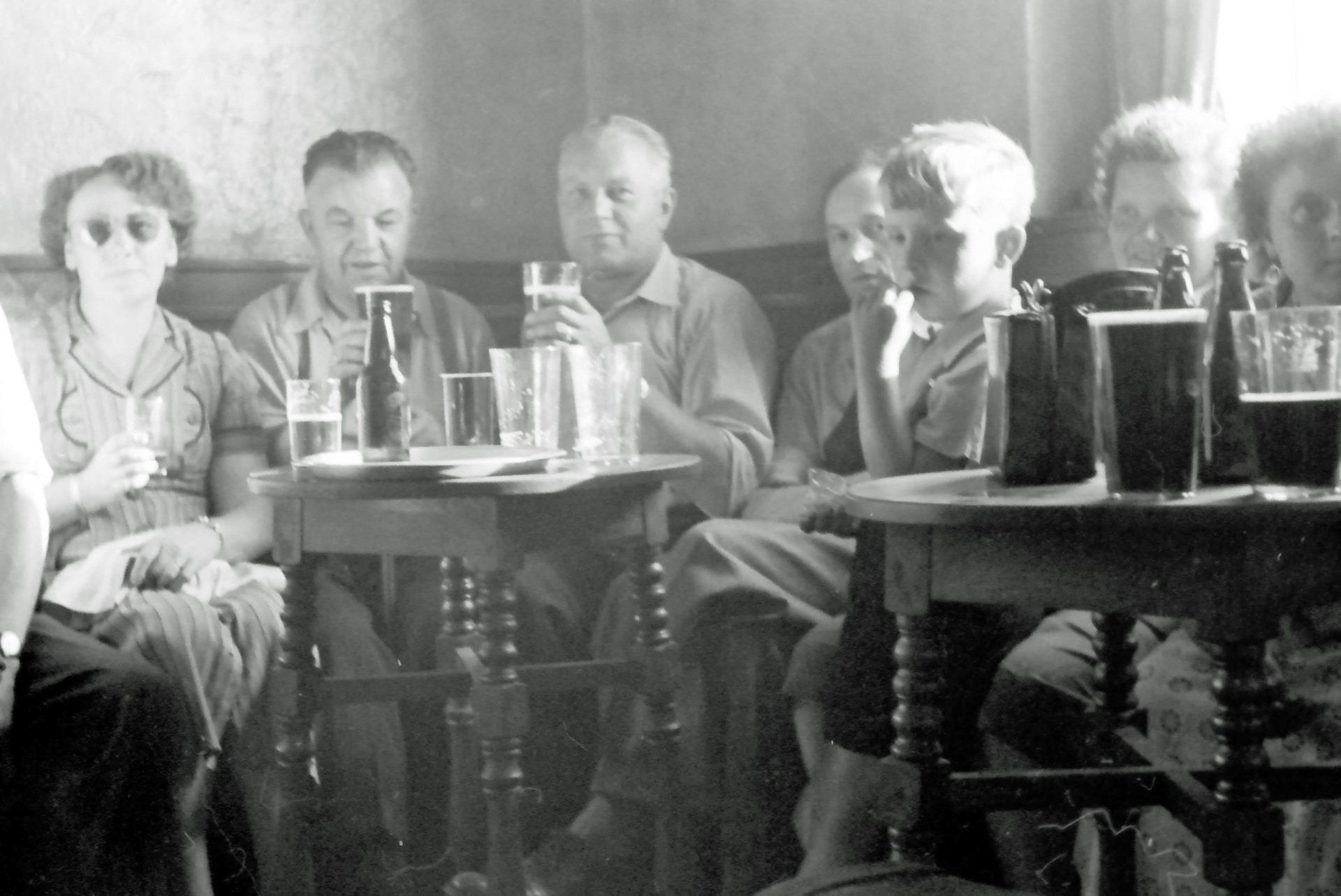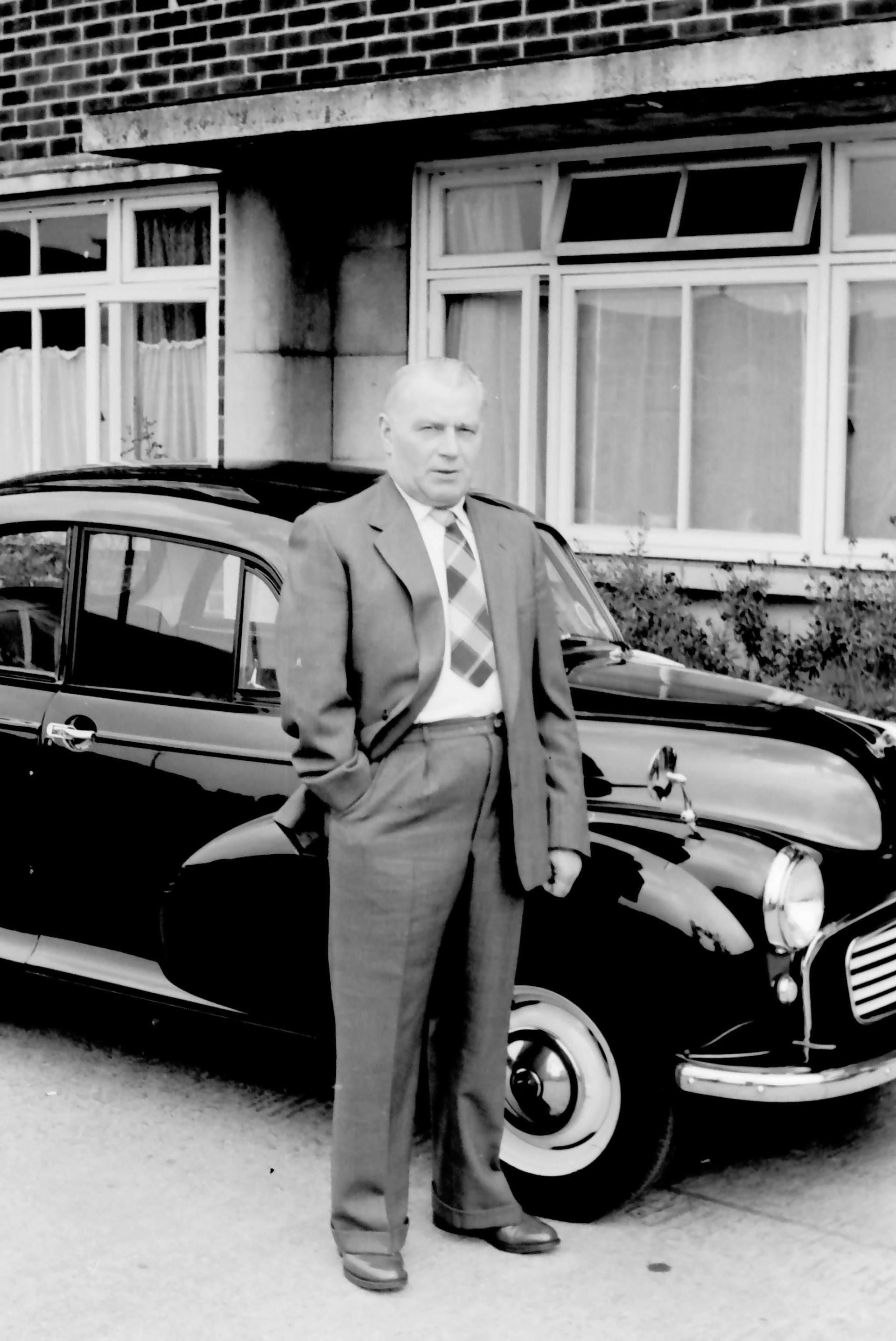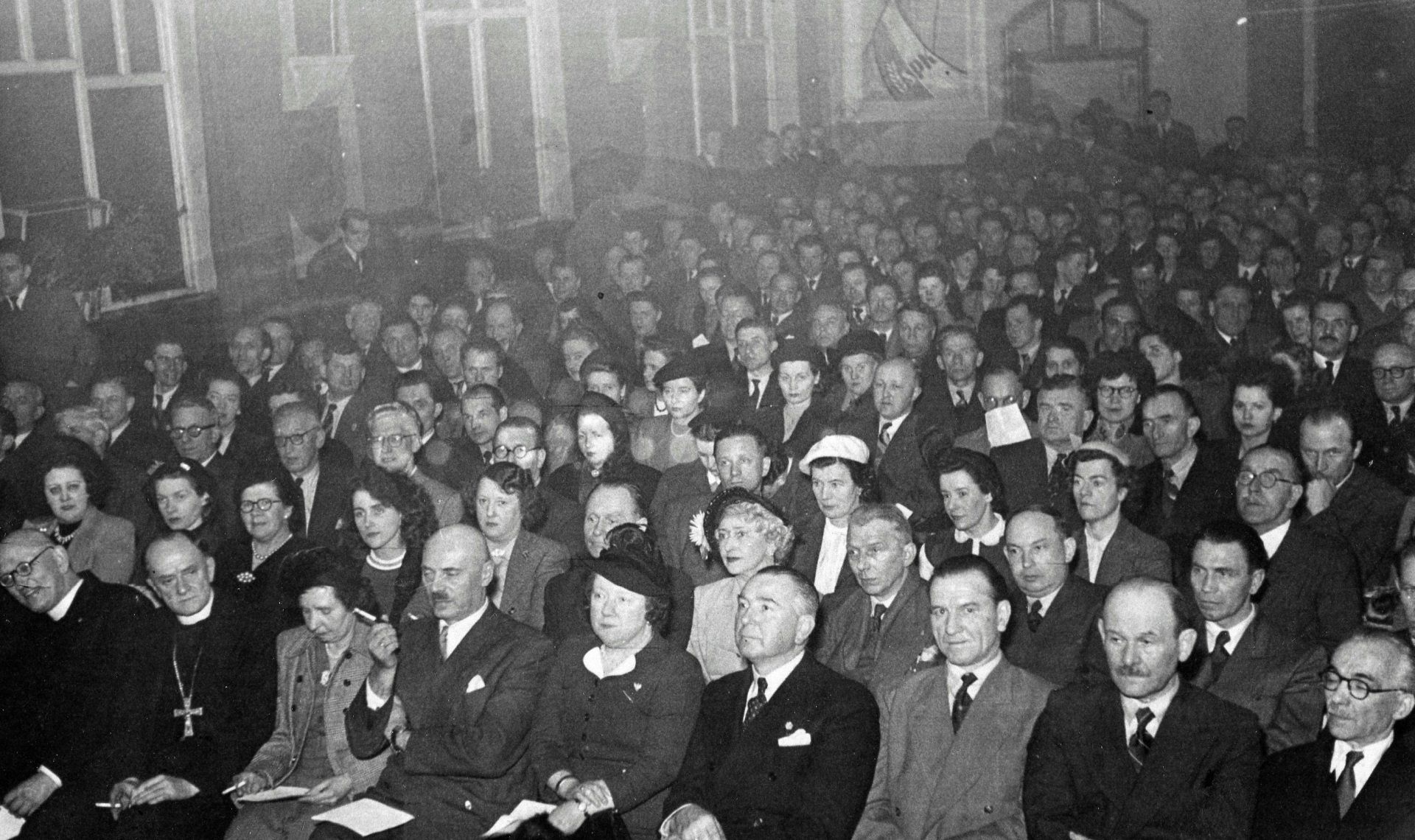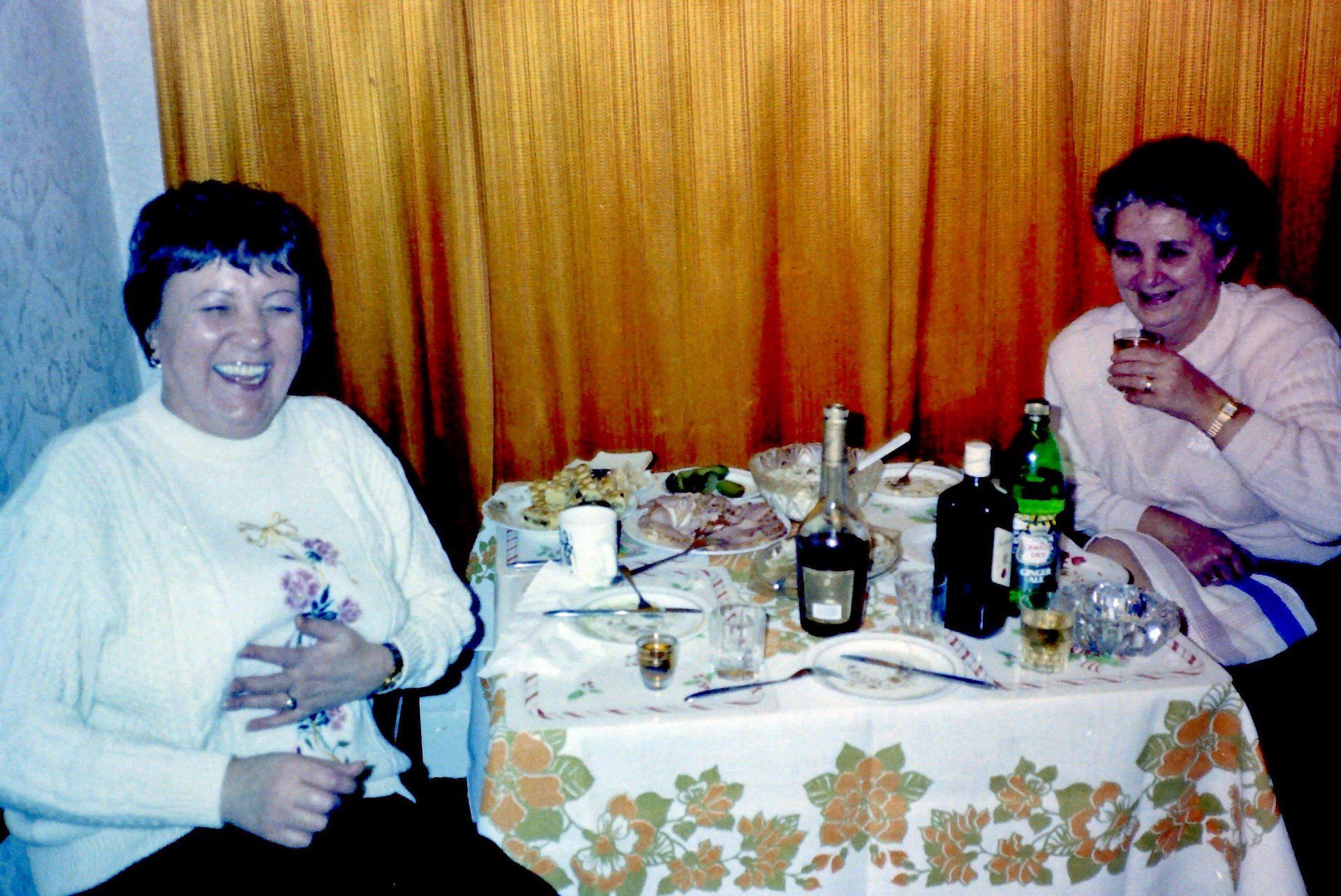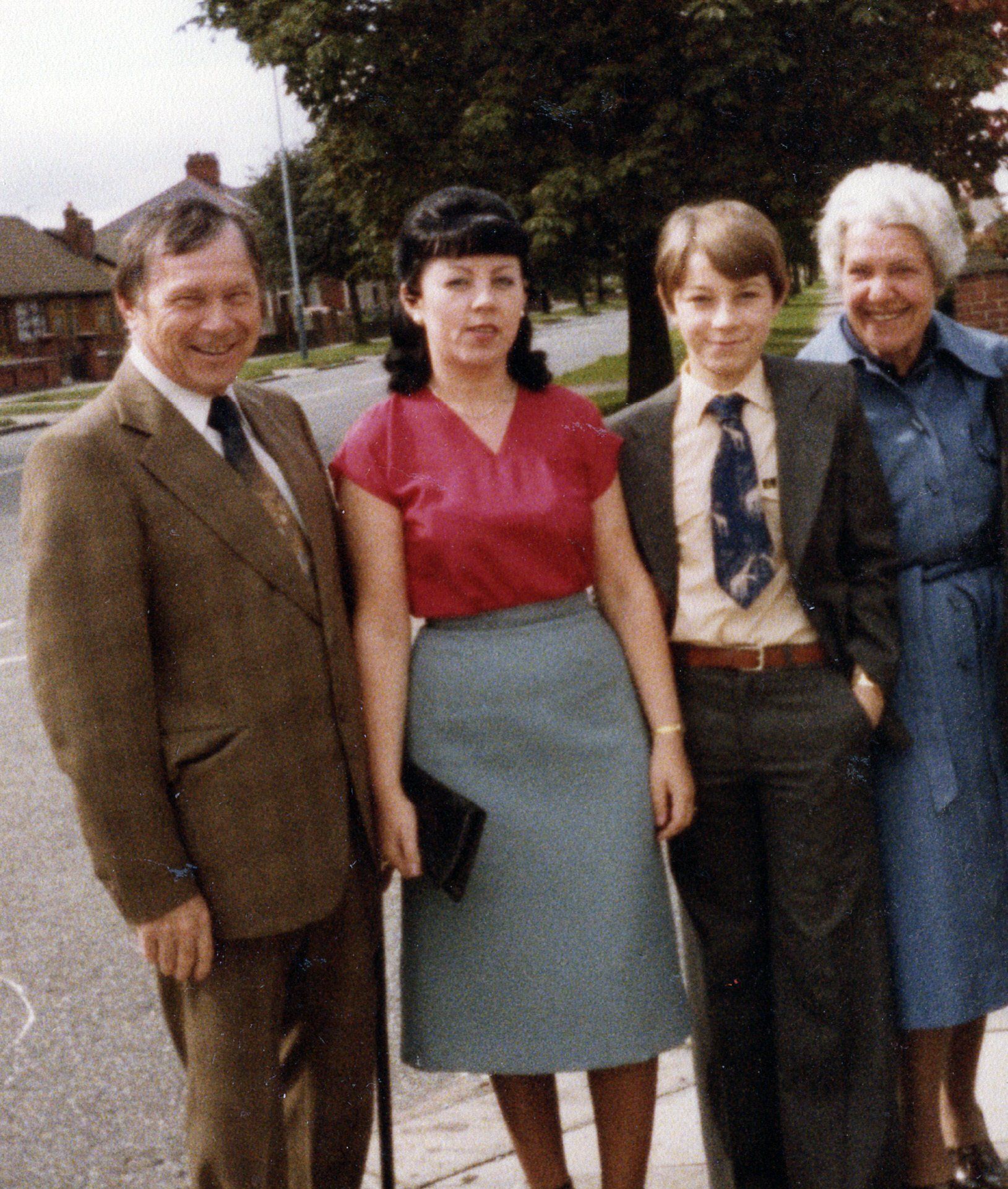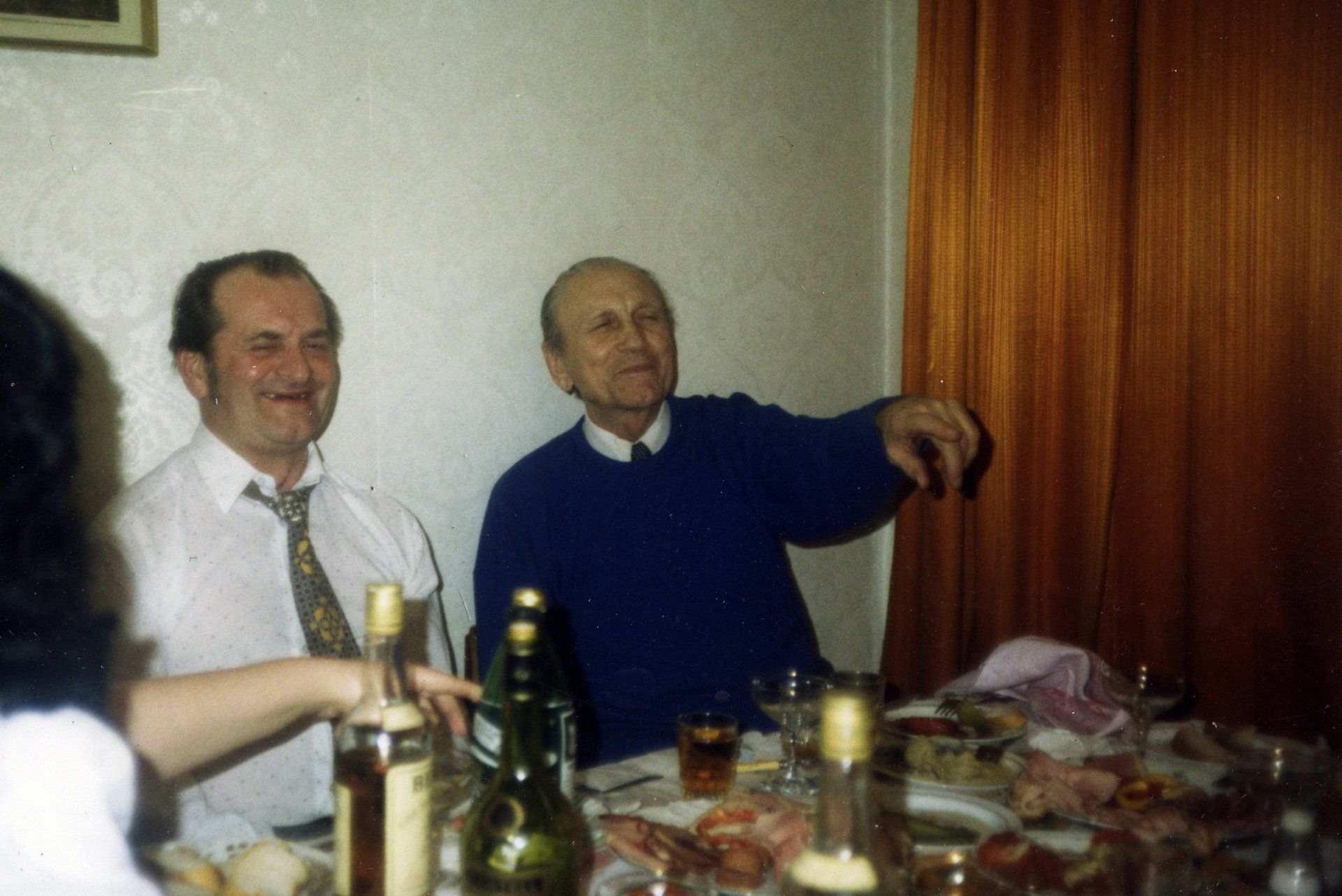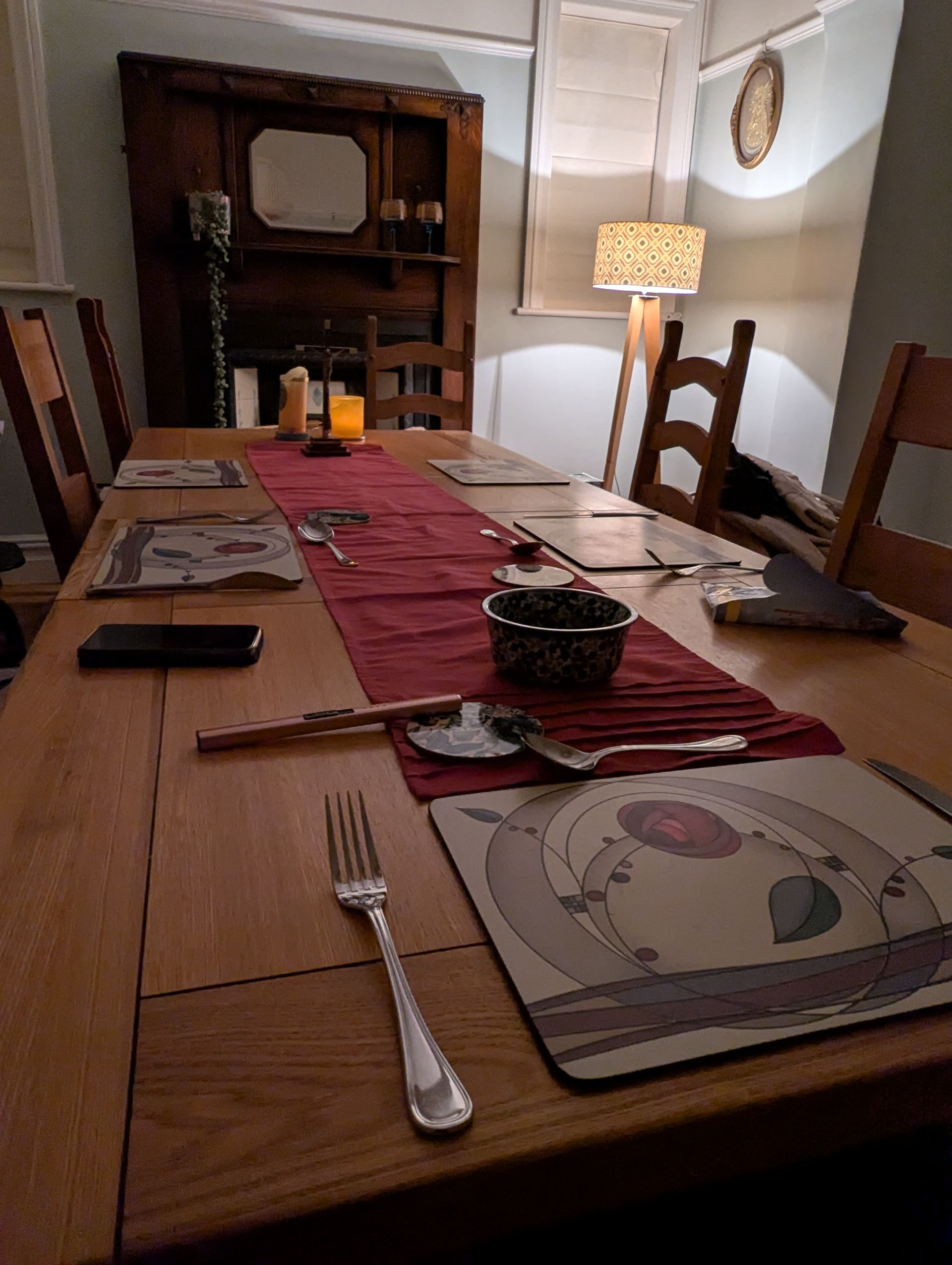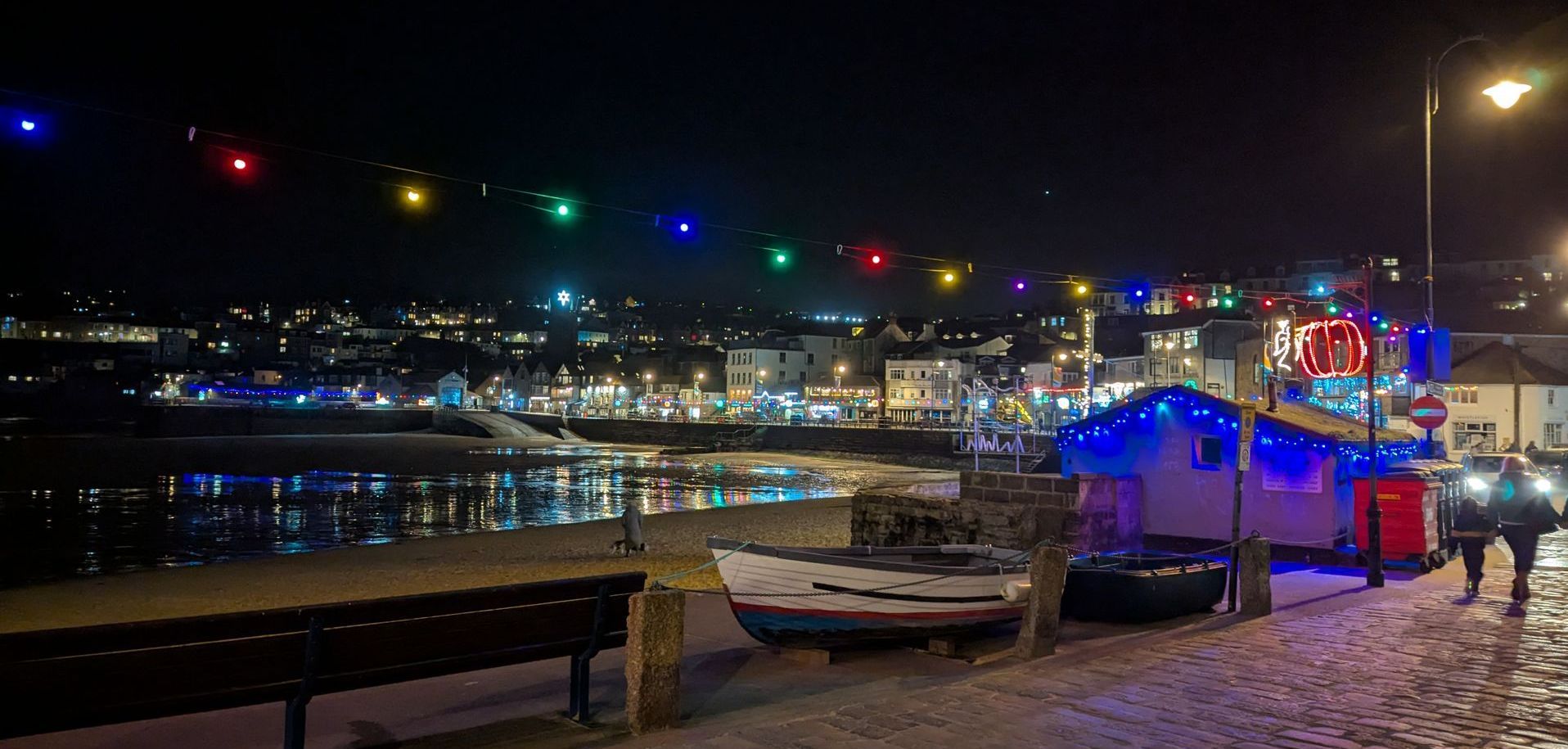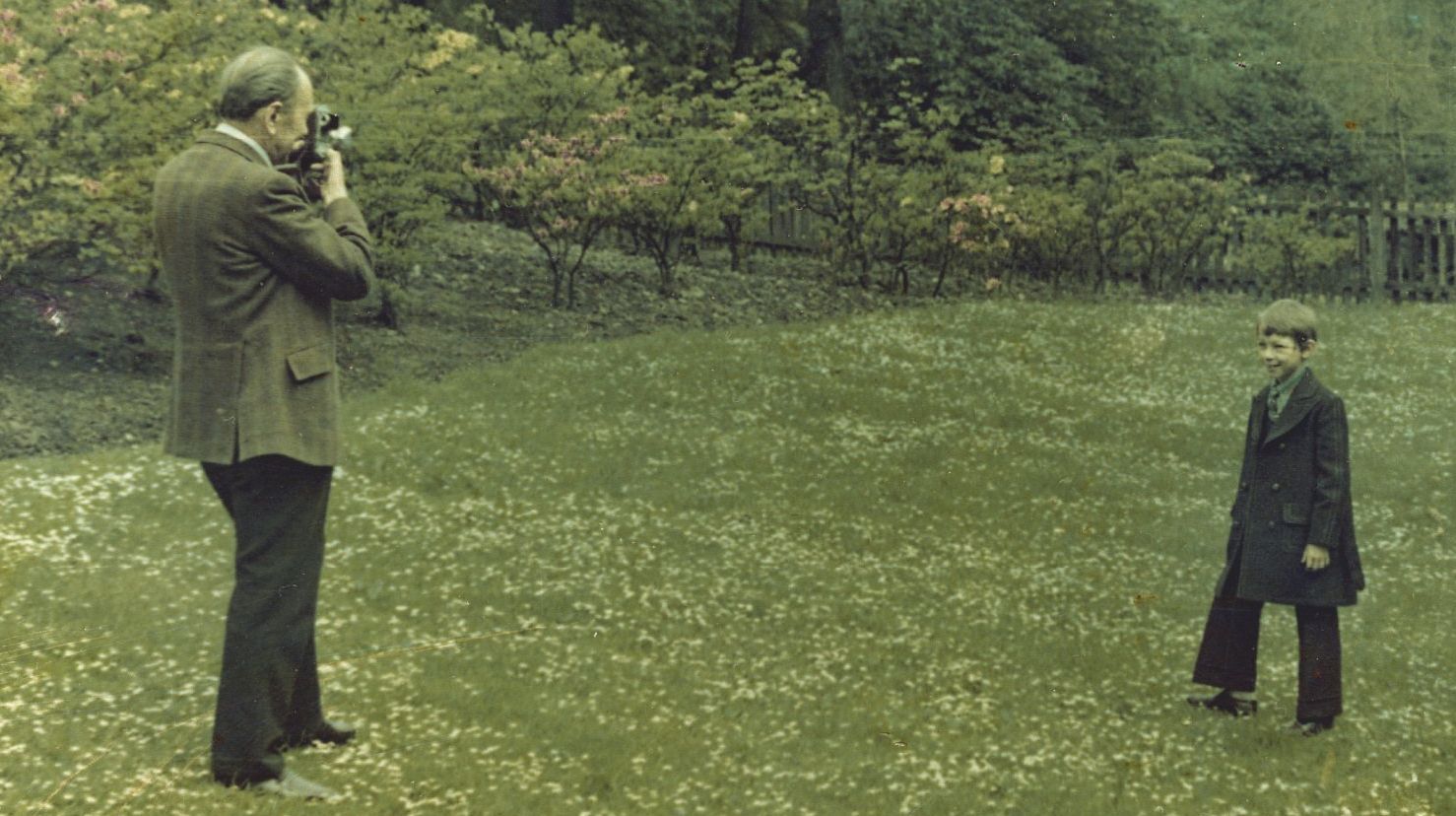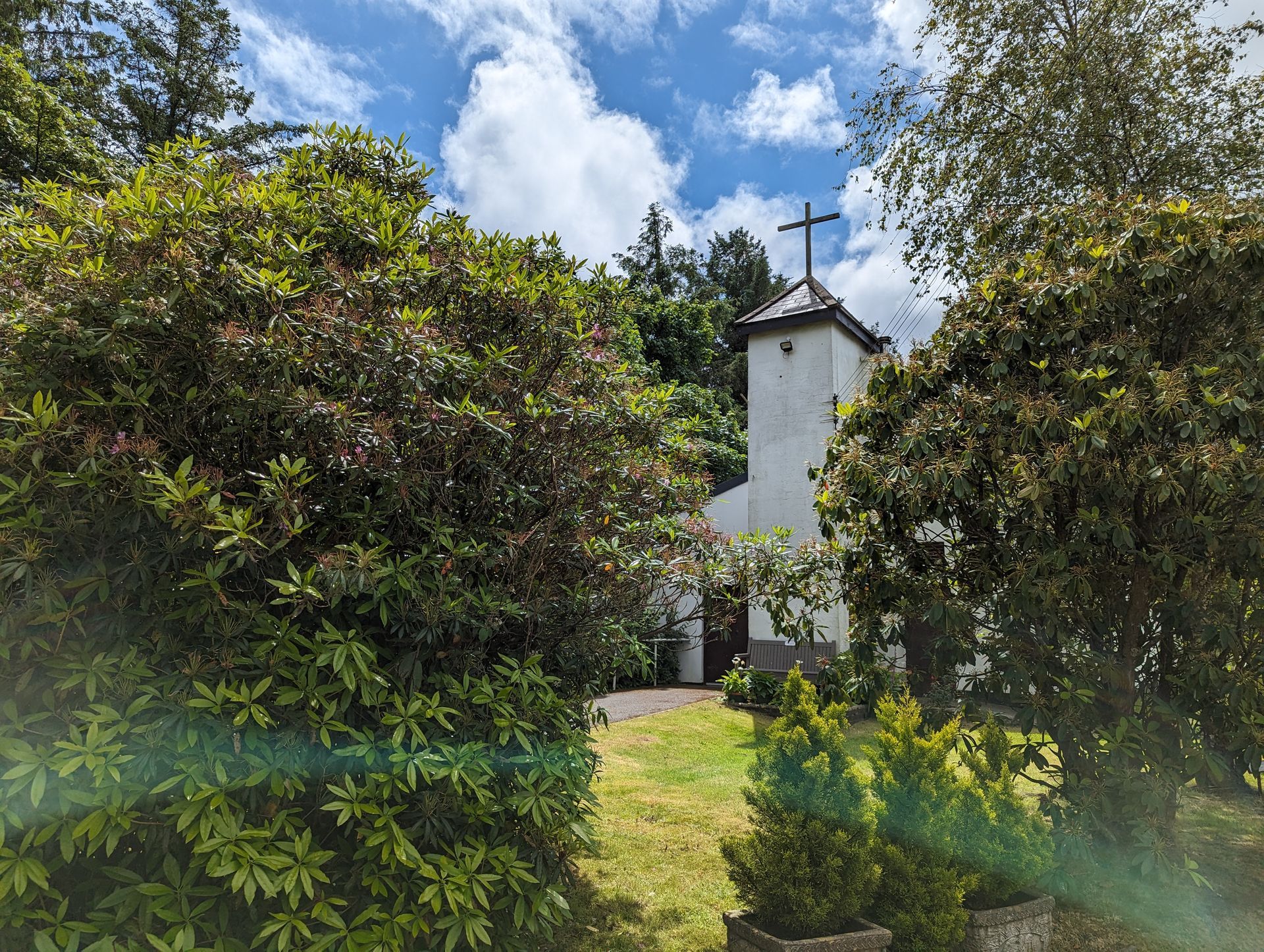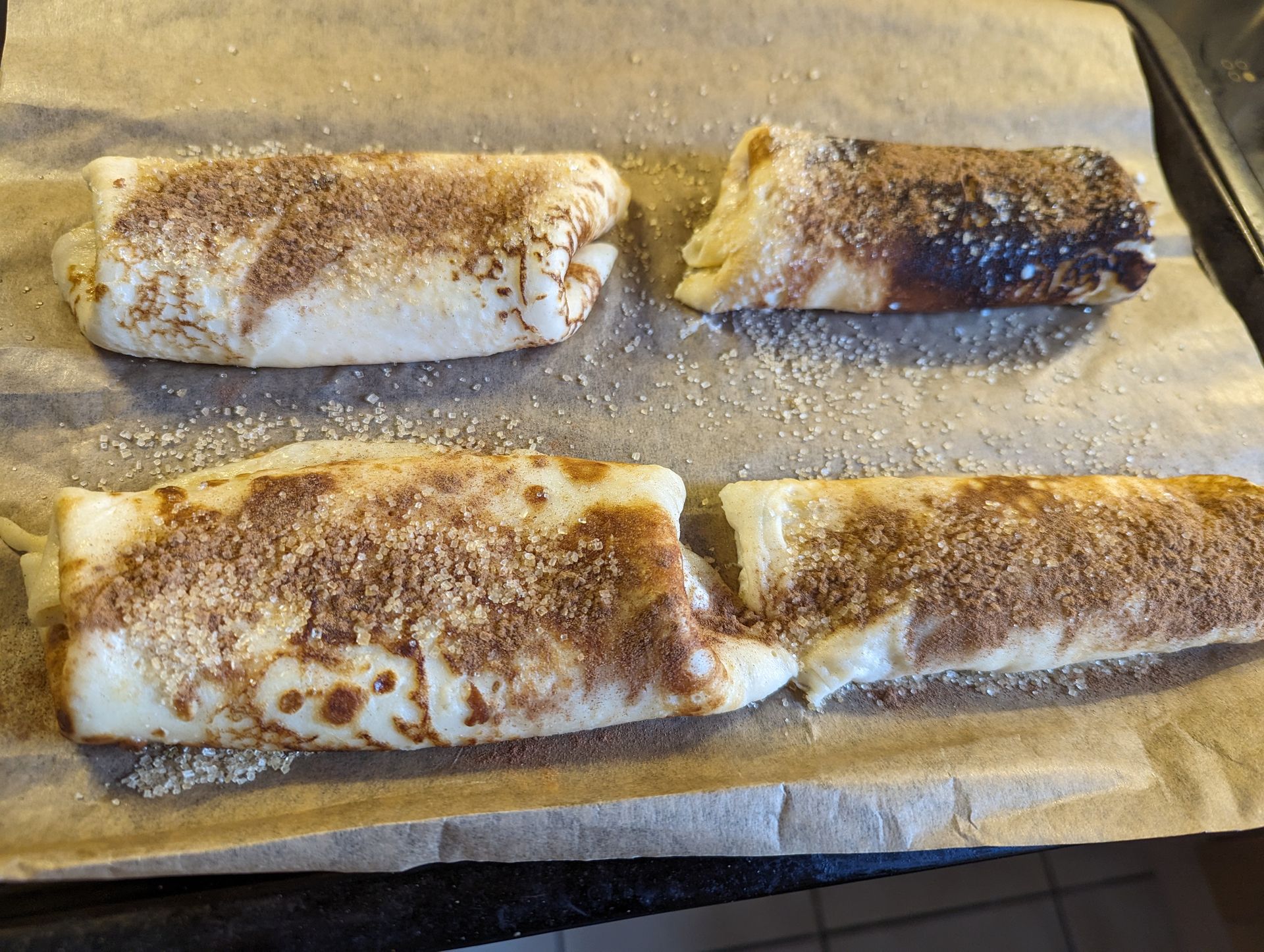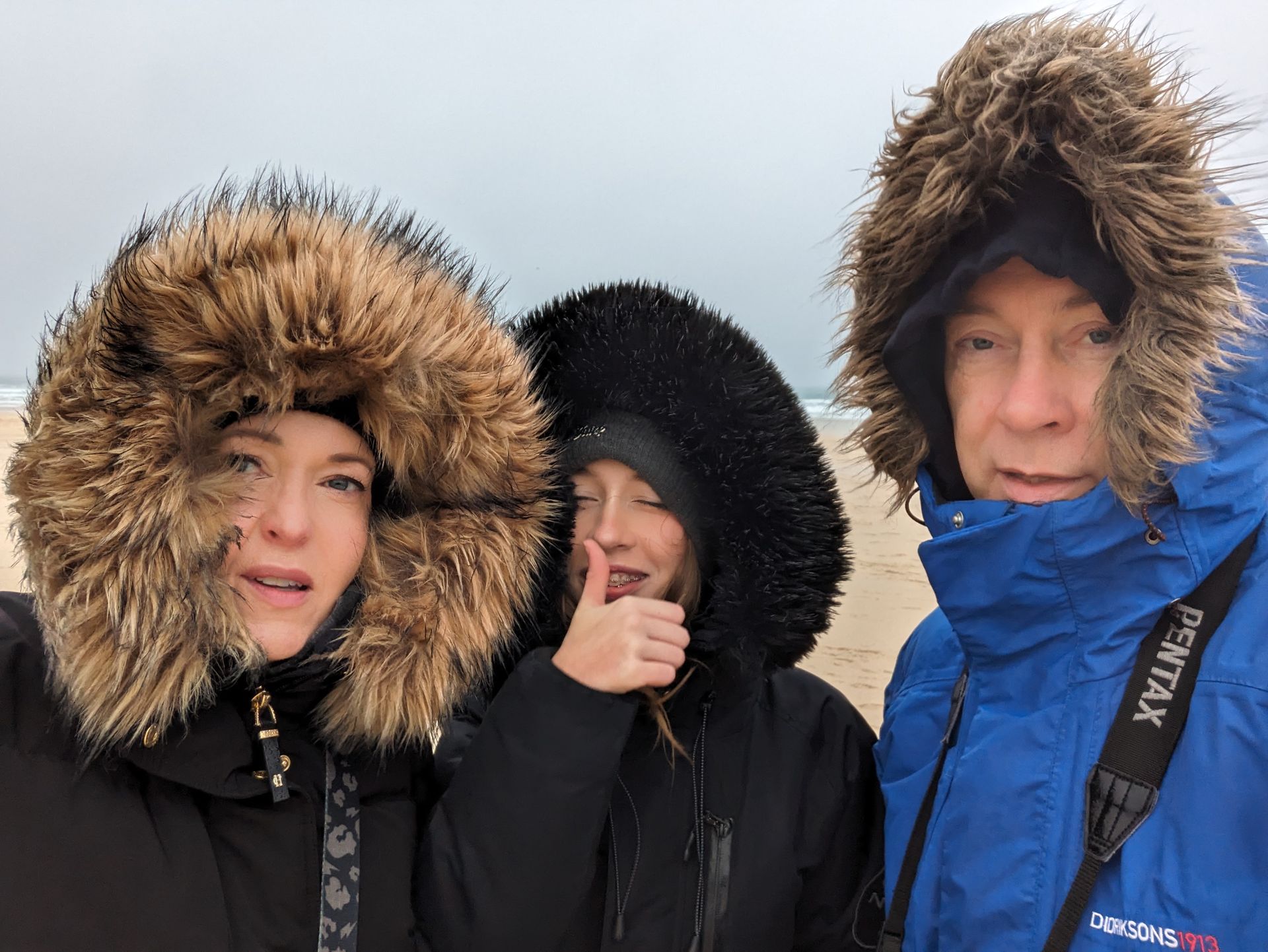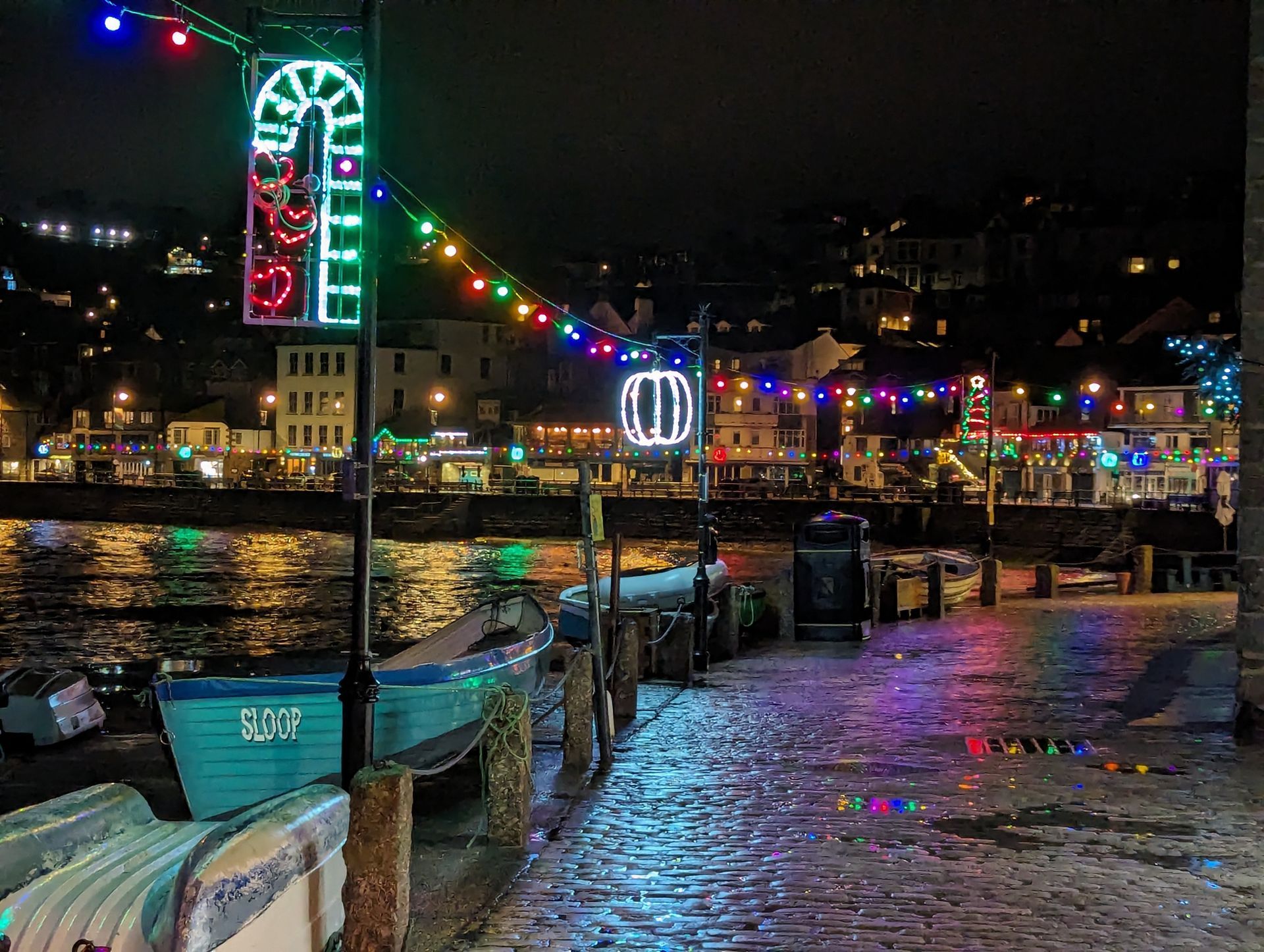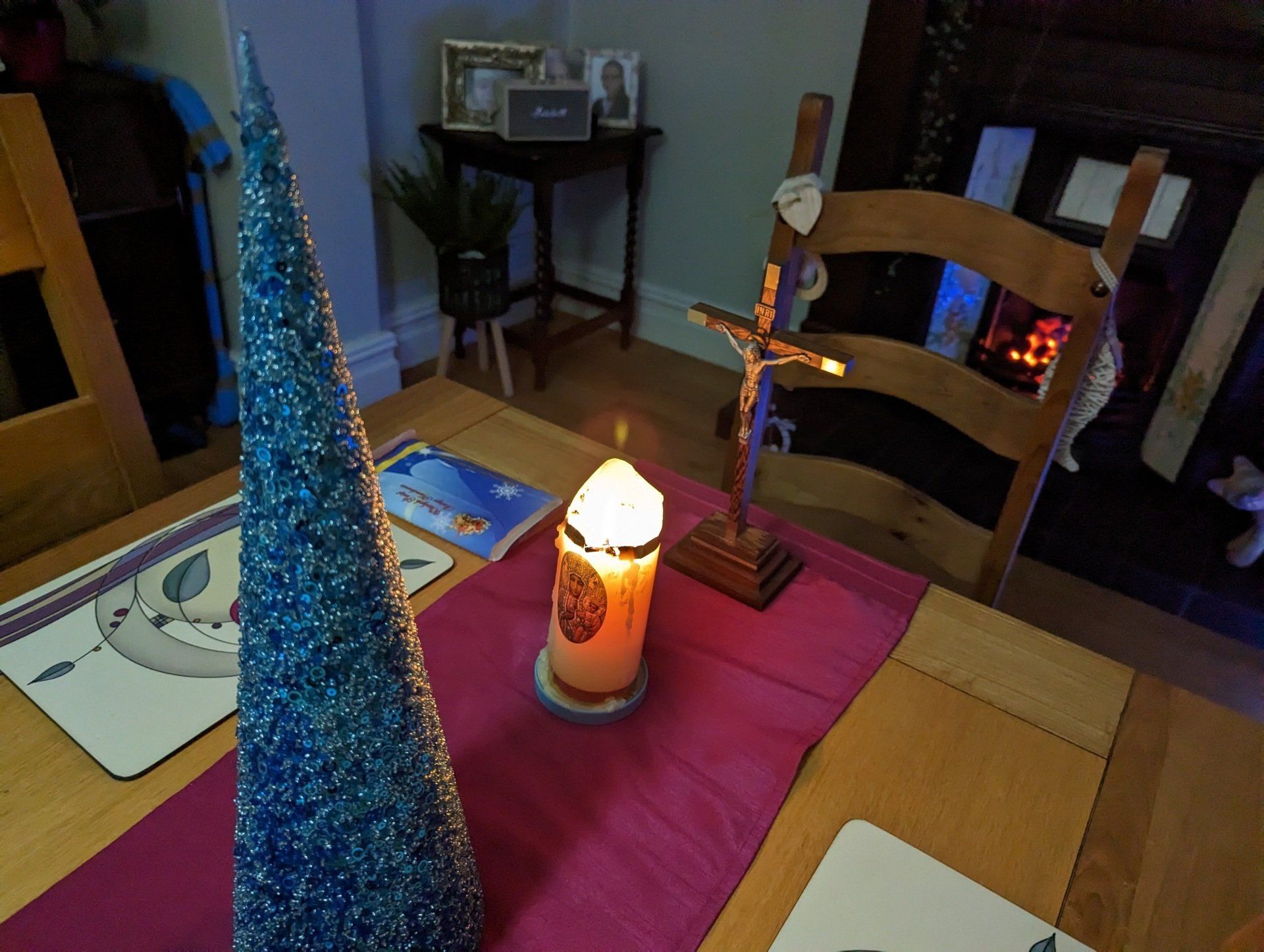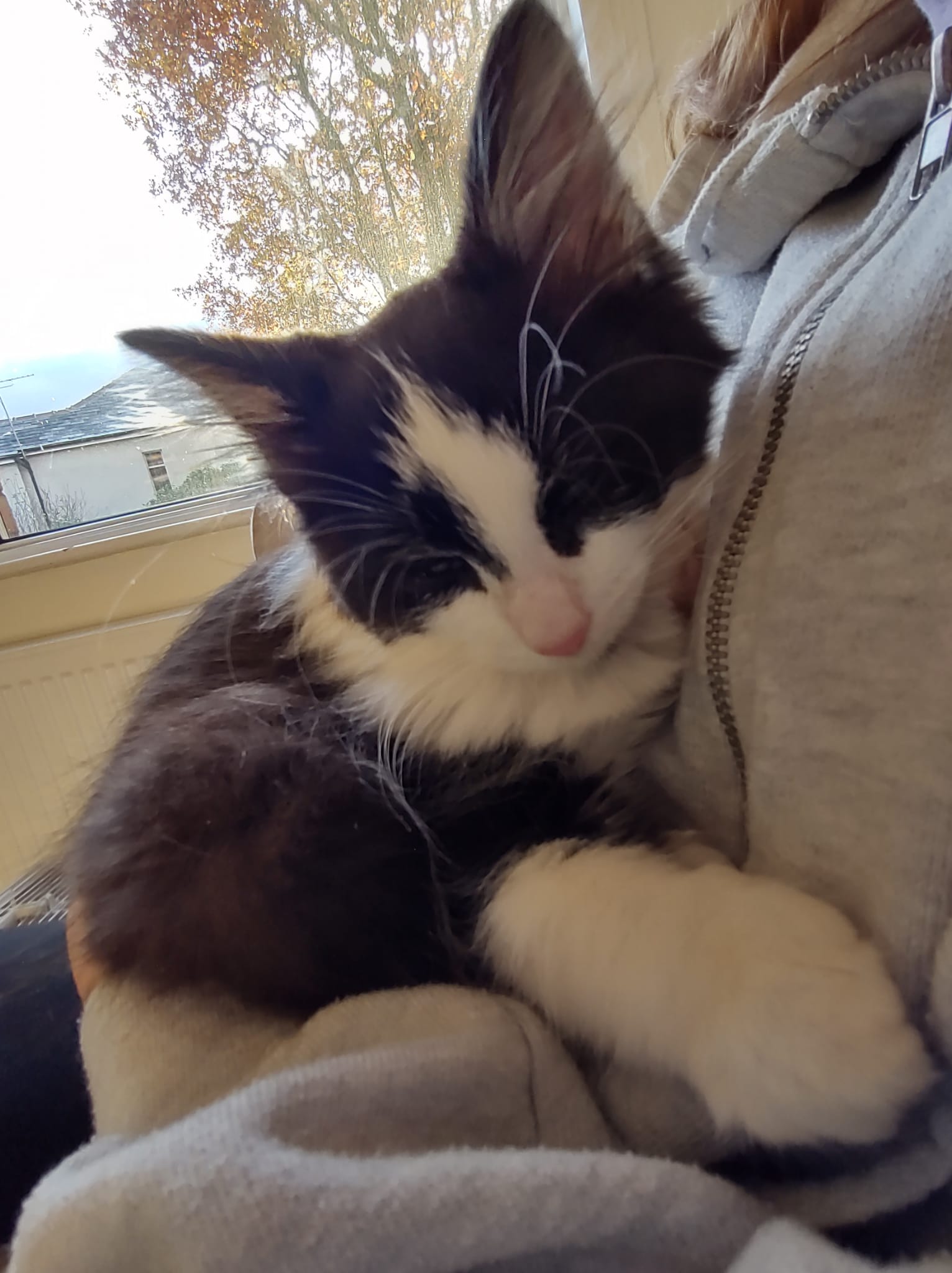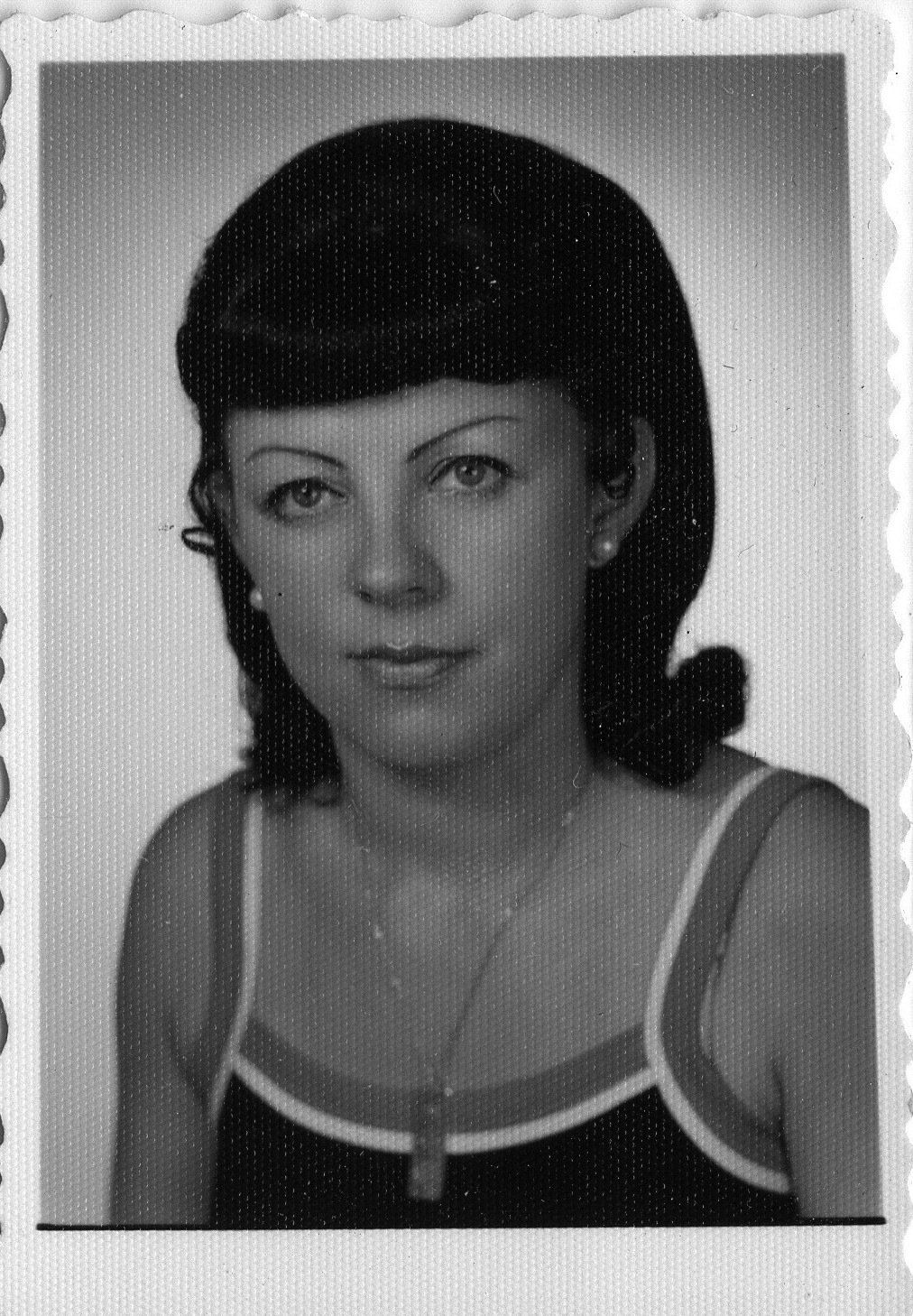Life after 1945 shaken but not stirred
Stan Krawczyk • 22 June 2020
Life after 1945 shaken but not stirred.
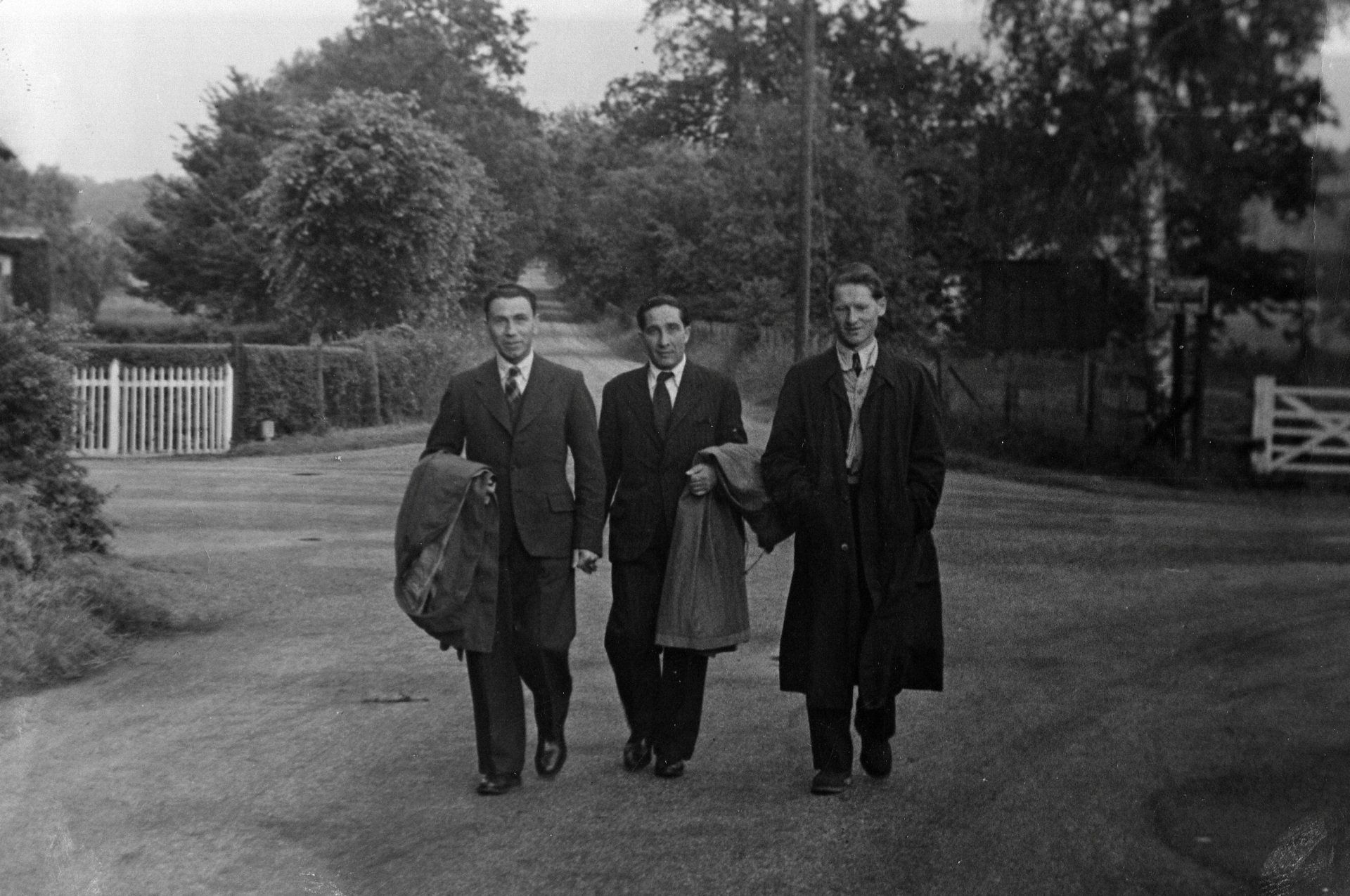
The expatriated Polish soldiers somehow managed to get themselves back on their feet and start a new life in the UK. Not an easy thing when you literally have the army shirt on your back, kitbag and not much else?
Reviewing letters, photographs and remembering people at the time, a lot of things have fallen into place now with the benefit of hindsight. I can only speak for my local area, but knowing what Poles are like even today I don't think much has changed?
The Polish soldiers and their families arriving 1945 , were sent to resettlement camps.
They eventually moved out to their own homes or hostels, but some lived their whole lives in the camps.
My father spent the first 4 years in hospital recovering from his war wounds.
Polish culture revolved around family, the church and community.
Reviewing the photographs a few things become apparent. People with missing limbs or other war disabilities even then would try to hide or cover them?
You see many images wearing leather gloves or sunglasses, something I never really thought much about as a child?
It wasn't the fashion they just wanted to hide the fact their hand, arm, fingers were missing and didn't want to stand out from the crowd.
My father had to wear a leather strap device to help take the stress off his wrist and hand that still contained shrapnel.
He hated the idea of wearing it? Pride maybe I don't know?
A few of the Remploy factory photos show people with missing arms, but you can only tell because they have the suit sleeve tucked into their pockets or have a prosthetic filling out the sleeve and again a leather glove to cover the fingers. If they were in photos they would hide that side or cover their damaged hand, something I notice a lot with my father, his right hand being obscured by his left.
I remember a lot of families just had one child? Probably because one child is all they could afford to bring up?
Some ladies never found a person to marry until they were past child bearing age and just lived with their partners or adopted. Others exploded with many children ensuring their family foundation was secure for the future.
Sadly a few committed suicide, a terrible loss, maybe the terrors of war never left them?
Most towns up and down the country founded a small but thriving Polish community, located near to their place of work or the Catholic church. They would be near RAF bases or Army camps where they were stationed?
Many churches would have Polish language masses at certain days and times. Usually a Polish club would open up, funded by the community to preserve Polish culture they left behind?
They left Poland but Poland never left them.
After the Polish Mass they would serve Polish meals, I know Manchester does. It's a way to retain contact with your friends that you may not see the rest of the week, due to work or just being elderly and not getting the opportunity to?
It's a sad fact many Polish clubs now are going because of the ageing population or the Poles who came to the UK in recent times are not interested or have their own ways to stay in touch, using the internet? Once the clubs are gone they are gone forever and so will all that rich culture and history.
I don't think this is unique to Polish communities, a lot of Italians/Spanish grew close links with the Polish community too, maybe stemming from the same strong Catholic beliefs and having their children attend the same Catholic schools?
On my street we had 1 other Polish family, the Krepa's. Really nice friendly people. I remember he was a miner in the local colliery and his wife stayed at home.
There was a Greek person called George at the end of the street, he was a very tall man, thinking back now he could have been a prisoner of war in the camp just up the road?
A number of dad's friends all lived within easy reach of the Remploy factory as did we. Nobody had cars or anything flash like that, we walked or took the bus everywhere hence my size 11 feet and skinny build.
They retained the Polish Scouts traditions, with musical concerts in traditional Polish costumes.
Organised dances and parties, celebrations of religious festivals and trips to Holy places like Fatima and Lourdes.
They started up their own businesses, shops, worked in heavy industries like coal, steel, worked the land and everything else in between.
Where families could afford it their children went to University and they studied hard.
In fact watching the news sometimes you see eminent professors, scientists or politicians and they have Polish surnames and of that age (being first generation). The desire to succeed and build on your families foundation was there and still is.
The Poles are very good at integrating with those around them. Generally friendly natured and willing to help out, nothing is too much trouble, which is why they have thrived so well no matter where they settled?
Sometimes though you get fed up being constrained within the Polish family shackles. Polish families are disciplined and can be strict, hence so many nervous kids, me included, but it teaches you good habits and a strong sense of loyalty and what is right and wrong that will bode well later in life.
First generation kids like me, saw the bright lights of what England had to offer. Being at school not being constrained to Polish culture you mixed and matched, but I was proud to speak fluent Polish in fact I insisted on it at home, I just wish I had spent more times reading and writing too.
Now sadly I hardly speak Polish at all, and I struggle to get my daughter to try even though she picks it up very quickly. Hence this website is in English, it would take me forever to write it all in Polish, I may translate at a later date?
I can't speak for Poles who arrived in the 2000's I don't know any, but I expect they are just like anybody else in the world trying to get on in life and make the best of what they have.
Look around builders, plumbers, coffee shops, cafe's, hotels, everywhere, working long hours and doing their best just like they always have.
